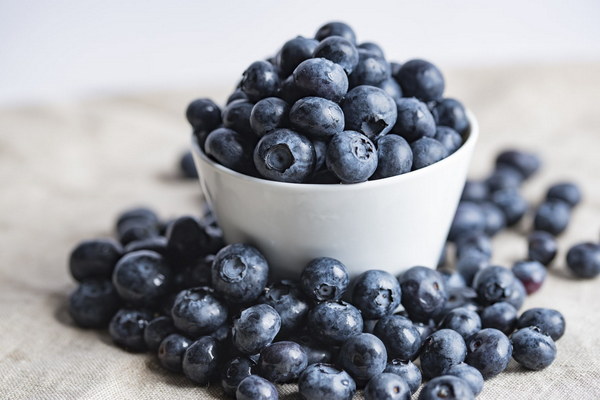Revitalize Your Lungs Discover the Wonders of AsthmaRelieving Herbal Tea
In the midst of our fast-paced lives, finding natural remedies for respiratory issues such as asthma is more crucial than ever. Asthma, a chronic condition affecting the airways, can make daily activities a challenge for those who suffer from it. While modern medicine offers a range of treatments, incorporating asthma-relieving herbal teas into your wellness routine can be a soothing and effective way to manage your symptoms. In this article, we'll explore the wonders of asthma-relieving herbal tea and how it can help you breathe easier.
Understanding Asthma
Asthma is characterized by inflammation and narrowing of the airways, leading to symptoms such as shortness of breath, coughing, wheezing, and chest tightness. These symptoms can vary in severity and can be triggered by allergens, irritants, exercise, cold air, and even stress. The goal of asthma management is to reduce inflammation, prevent asthma attacks, and alleviate symptoms.

The Power of Herbal Teas
Herbal teas have been used for centuries as natural remedies for a variety of health issues. They contain various compounds that can help reduce inflammation, relax muscles, and support overall respiratory health. Here are some herbal teas that are known to help with asthma symptoms:
1. Eucalyptus Tea
Eucalyptus tea is renowned for its powerful antibacterial and anti-inflammatory properties. The eucalyptus leaf contains cineole, a compound that can help open up the airways and reduce mucus production. Drinking eucalyptus tea can provide relief from asthma symptoms and support respiratory health.
2. Peppermint Tea
Peppermint tea is another excellent option for asthma management. It has been shown to have expectorant properties, helping to loosen and expel mucus from the lungs. The menthol in peppermint can also help relax the muscles around the airways, making it easier to breathe.
3. Thyme Tea
Thyme is an ancient herb that has been used for its medicinal properties. It contains thymol, a compound that can help reduce inflammation and support respiratory function. Thyme tea is known to help alleviate asthma symptoms and strengthen the immune system.
4. Licorice Root Tea
Licorice root tea is often used in traditional Chinese medicine to treat respiratory conditions. It contains glycyrrhizin, a compound that can reduce inflammation and help open up the airways. Licorice root tea can be a soothing option for asthma patients, especially during an asthma attack.
How to Prepare Asthma-Relieving Herbal Teas
To prepare asthma-relieving herbal teas, follow these simple steps:
1. Gather Ingredients: Purchase high-quality dried herbs or fresh herbs if possible.
2. Boil Water: Use fresh, filtered water and bring it to a boil.
3. Steep the Herbs: Add the dried herbs to a teapot or a cup, then pour the boiling water over them. Steep for 5-10 minutes for dried herbs or 15-20 minutes for fresh herbs.
4. Strain and Serve: Once the tea has steeped, strain out the herbs and enjoy your soothing brew.
Incorporating Herbal Teas into Your Routine
While herbal teas can be a valuable addition to your asthma management plan, it's essential to use them as part of a holistic approach. Here are some tips for incorporating asthma-relieving herbal teas into your routine:
- Regular Consumption: Drink these teas regularly to maintain respiratory health and reduce symptoms.
- During Asthma Attacks: If you experience an asthma attack, drinking a warm herbal tea can help soothe your airways and provide relief.
- Combine with Other Treatments: Use herbal teas in conjunction with your prescribed asthma medication and other asthma management strategies.
- Consult with a Healthcare Professional: Before adding herbal teas to your routine, it's important to consult with your healthcare provider, especially if you have pre-existing health conditions or are taking other medications.
Conclusion
Asthma-relieving herbal teas offer a natural and gentle way to support respiratory health and alleviate asthma symptoms. By incorporating these teas into your daily routine, you can enjoy the benefits of nature's healing power. Remember to consult with your healthcare provider before making any significant changes to your asthma management plan. With the right approach, asthma-relieving herbal teas can be a delightful addition to your wellness journey.









